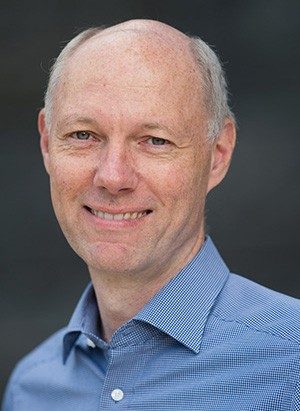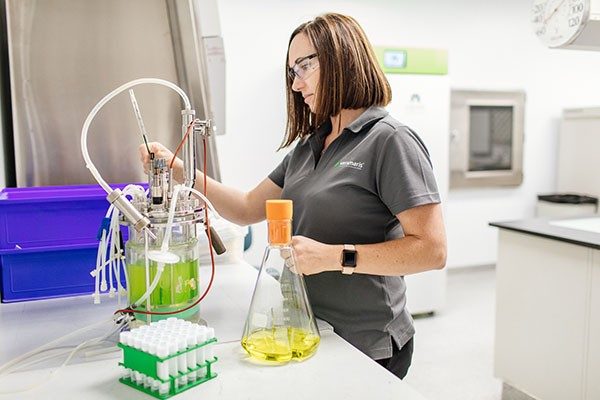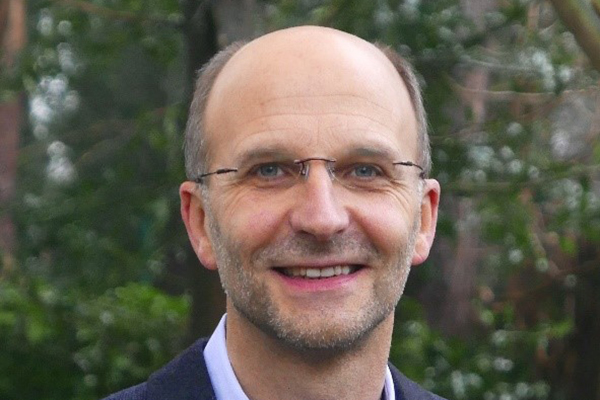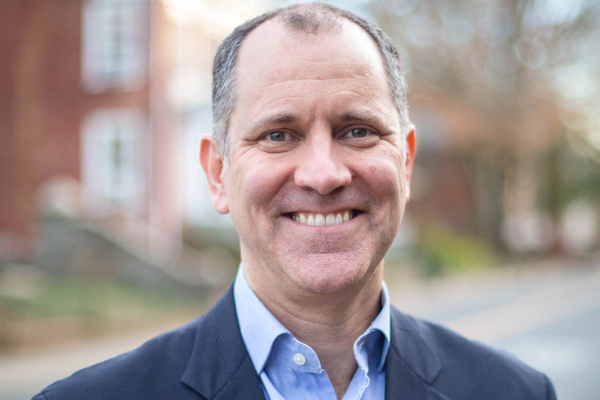By: Marcus Remmers, Chief Technology Officer, DSM

“What we do now, and in the next 20 years,” warns the celebrated David Attenborough in his latest documentary, “will determine the future for all life on Earth.” Strong views from the cool-headed naturalist. And yet, of course, there is solid scientific evidence to support his point. Around the world, the average sea-level rise in the past decade is double that of the last century, 10 of the warmest years on Earth have occurred since 1998, and – if current trends continue – our oceans will contain more plastic than fish by weight in 2050. And, as Attenborough himself points out, “in reply, we need to move beyond guilt or blame, and get on with the practical tasks at hand.”
Whether or not you agree with David Attenborough, the business community at large – together with governments and citizens – surely has a special responsibility to take care of our Earth and help address the world’s critical challenges.
In particular, our chemical industry, which currently is responsible for an eighth of global industrial carbon emissions, needs to step up its sustainability efforts to help meet the Paris Agreement goals. Indeed, businesses that are able to integrate the UN’s Sustainable Development goals will surely turbocharge our progress towards a more sustainable world.
My own company, DSM, is today active in nutrition, health and sustainable living – but as a former coal-mining company (DSM once stood for Dutch State Mines), we are all too aware of the need to transition and evolve in line with the needs of society at large. That’s why, across our different business groups, we are focused on using science to deliver sustainable solutions that outperform conventional market alternatives and drive the world to a more sustainable future. That’s why we say that DSM now stands for Doing Something Meaningful.
Of course, there is plenty of room to improve both our own environmental impact and the sustainability value of our products. But by building our strategy around the UN’s Sustainable Development Goals, by working together with our partners from across the value chain, and keeping ourselves accountable, we have delivered many game-changing sustainable innovations and – along the way – regularly ranked on Fortune Magazine’s list of companies that are changing the world.
Indeed, our sustainability strategy is based around three pillars: improve, enable, advocate. Firstly, we understand that sustainability starts at home – so we improve the impact of our own operations. Secondly, we enable our customers to deliver sustainable and healthy products for the planet and society by providing our science-based products and solutions. Finally, we advocate for a better future, engaging in partnerships with public and private organizations.
When it comes to improving our own environmental impact, we are making strong progress on minimizing greenhouse gas emissions and increasing our energy efficiency. Our goal is to achieve a 30% reduction in direct GHG emissions (Scope 1) and emissions from our purchased energy (Scope 2) by 2030, and reduce indirect value-chain emissions (Scope 3) by 28% per ton of product produced in the same period. These targets have been validated by the Science Based Targets initiative (SBTi) as aligned with the Paris Climate Agreement. We’ve also set a long-term target to reach net-zero emissions before 2050.
A win-win for oceans and health
And, when it comes to enabling our customers to deliver sustainable products and solutions through our science-based capabilities, one example is advancing an alternative to a key environmental challenge: traditional seafood sources of omega-3 fatty acids. Historically, wild-caught fish has been the sole source of these important nutrients. But with overfishing applying increasing pressure on wild fish stocks, resulting in biodiversity loss in oceans around the world, a more sustainable alternative is crucial.
By working together with our partners from across the value chain, through a joint venture called Veramaris®, we have pioneered a highly innovative solution: to make natural marine algae a high-quality source of EPA & DHA omega-3 for aquafeed and reduce dependence on wild-caught fish. Algal oil by Veramaris® is highly concentrated and helps to address the global omega-3 shortage, enabling aquaculture to continue producing healthy seafood.
Additionally, Veramaris’ natural marine algal oil is produced in a state-of-the-art facility in Nebraska, making it entirely sustainable and ensuring stability in supply.
In this way, we are helping to protect the health of both the oceans and of people around the world, while also seizing a sizeable commercial opportunity. Crucially, we are working with stakeholders across the industry – including feed producers, farmers, retailers and NGOs – to enable positive change in feed production and food consumption, and deliver a way forward that works for all involved parties.

Let’s seize this lifeline together
As shown by sustainable products like Veramaris®, science can enable many technical solutions that offer us a lifeline in the struggle to address and mitigate climate change and natural resource depletion. Innovations from across the chemicals industry, in particular, can play a crucial role in reshaping the impact of modern society’s consumerist patterns on the environment. Any company that is able to embrace the UN’s Sustainable Development Goals will not only help tackle key challenges, but also – in all likelihood – futureproof its own value proposition.
Nevertheless, to make our collective contributions impactful and effective, players from across our industry must work more closely together, as well as with governments and policymakers. In other words, we must advocate for a better future. Only by advocating – championing key issues, raising public awareness of the challenges we face, and working together with all stakeholders to drive change – can we hope to build a more sustainable world for future generations. Because, as David Attenborough would point out, when it comes to building this world, it’s time to get on with the practical tasks at hand.
This article has been edited for length and clarity. The opinions expressed in this article are the author's own and do not necessarily reflect the view of their employer or the American Chemical Society.
Copyright 2022 American Chemical Society (All Rights Reserved)






